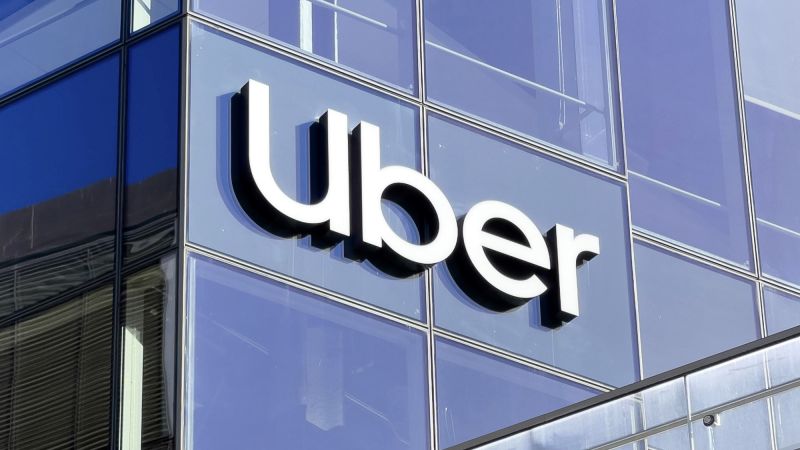In a recent ruling, a New Jersey couple involved in a severe accident during an Uber ride cannot sue the company because they had previously agreed to arbitration when accepting the terms of service for a separate Uber Eats order. John McGinty and Georgia McGinty sustained serious injuries as a result of the accident, with Georgia suffering multiple fractures and John experiencing diminished use of his left wrist and a fractured sternum. Despite their attempts to seek a jury trial against Uber, the appellate court ruled that they were bound by the arbitration agreement they accepted with the terms and conditions of both Uber Eats and Uber ride app.
The couple argued that it was their minor daughter who accepted the terms of service for Uber Eats on Georgia’s phone, but the court deemed Uber’s terms as valid and enforceable, requiring disputes regarding auto accidents or personal injuries to be resolved through binding arbitration. Uber responded by stating that Georgia had agreed to the terms of use, including the arbitration agreement, on multiple occasions, and took Uber rides after agreeing to those terms. The McGintys expressed their surprise and heartbreak over the court’s decision, which they believe has worsened their suffering since the collision.
Prior to the recent ruling, a lower court had deemed Uber’s arbitration clause unenforceable due to a lack of clarity in informing the plaintiff about waiving her right to pursue claims in a judicial forum. Uber appealed this decision, and the appellate court sided with the company, reinforcing the enforceability of their terms of service. The McGintys’ attorneys are reviewing the decision and considering petitioning the New Jersey Supreme Court to further challenge the ruling.
This case exemplifies the complexities of terms of service with binding arbitration agreements that users agree to with many companies. Another notable instance involved Disney, where the widower of a woman who died after eating at a resort restaurant attempted to file a wrongful death lawsuit but faced arbitration clauses in the terms of service. Disney initially sought arbitration, but later reversed their decision, allowing the lawsuit to proceed in court for a jury trial. The company emphasized the need for a sensitive approach to expedite a resolution for the grieving family.
The New Jersey couple’s case is part of a broader trend where companies utilize arbitration agreements in terms of service to steer legal disputes away from courtrooms and towards private arbitration. These agreements, often buried in lengthy user agreements, have significant implications for consumers seeking legal recourse in case of injury or harm. The intricacies of these agreements highlight the importance of understanding the terms of service before agreeing to them, as they can impact an individual’s ability to seek justice in the event of accidents or disputes. The balancing act between consumer protection and corporate interests in these cases underscores the ongoing debate surrounding binding arbitration agreements and their implications for the justice system.













